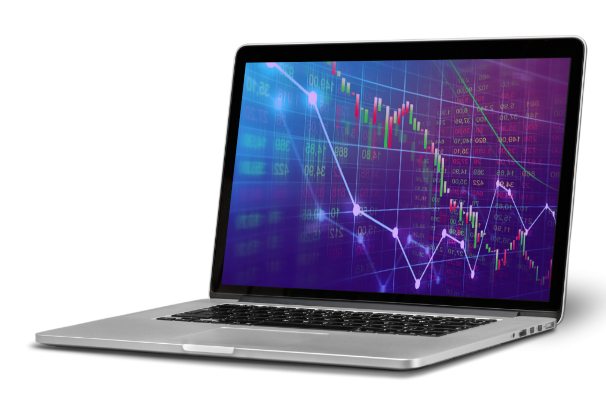Forex, or foreign exchange, is the global market where currencies are traded. It is the largest financial market in the world, with a daily trading volume exceeding $6 trillion.
Forex trading involves buying one currency while selling another. Transactions are conducted in currency pairs, such as EUR/USD, where the value of one currency is compared to the value of another.
Exchange rates are influenced by economic, political, and social factors, including interest rates, inflation, political stability, and economic performance.
Yes, it is possible to make money in Forex, but it is also risky. Successful traders use technical and fundamental analysis to make informed decisions.
Technical analysis involves studying charts and price patterns, while fundamental analysis examines economic factors and news that may impact exchange rates.
Leverage allows traders to control a larger position than the capital they have. For example, a leverage of 100:1 means you can control $100,000 with just $1,000.
The main risks include market volatility, excessive leverage, and lack of knowledge. It is important to have a risk management strategy.
To start, you need to open an account with a Forex broker, deposit funds, and choose a trading platform. It is advisable to practice on a demo account before investing real money.
A pip is the smallest unit of price movement in a currency pair. The spread is the difference between the buying and selling price of a currency pair.
Use stop-loss orders, diversify your trades, and never risk more than you can afford to lose. Continuous education is also essential.

The disclosure of risks in Forex trading is essential to ensure that investors are aware of the potential losses involved. The currency market is highly volatile and can result in significant gains as well as substantial losses. Brokers have a responsibility to inform their clients about these risks, emphasizing that Forex trading may not be suitable for all investors. It is important for traders to understand that, while they can employ risk management tools, there are no guarantees of profit. Additionally, brokers typically include disclaimers stating that they are not liable for financial losses resulting from clients’ trading decisions. This means that each trader must take responsibility for their actions and decisions in the market. Education and awareness of the risks are crucial for a safer and more informed trading experience. Therefore, it is vital for investors to conduct thorough analysis and consider their risk tolerance before engaging in Forex trading.

MX Partners is a trademark of BLX Markets Int Limited, a company registered in Saint Lucia under registration number 2025-00106.
Ground Floor, The Sotheby Building, Rodney Village, Rodney Bay, Gros-Islet, Saint Lucia.
Copyright ©